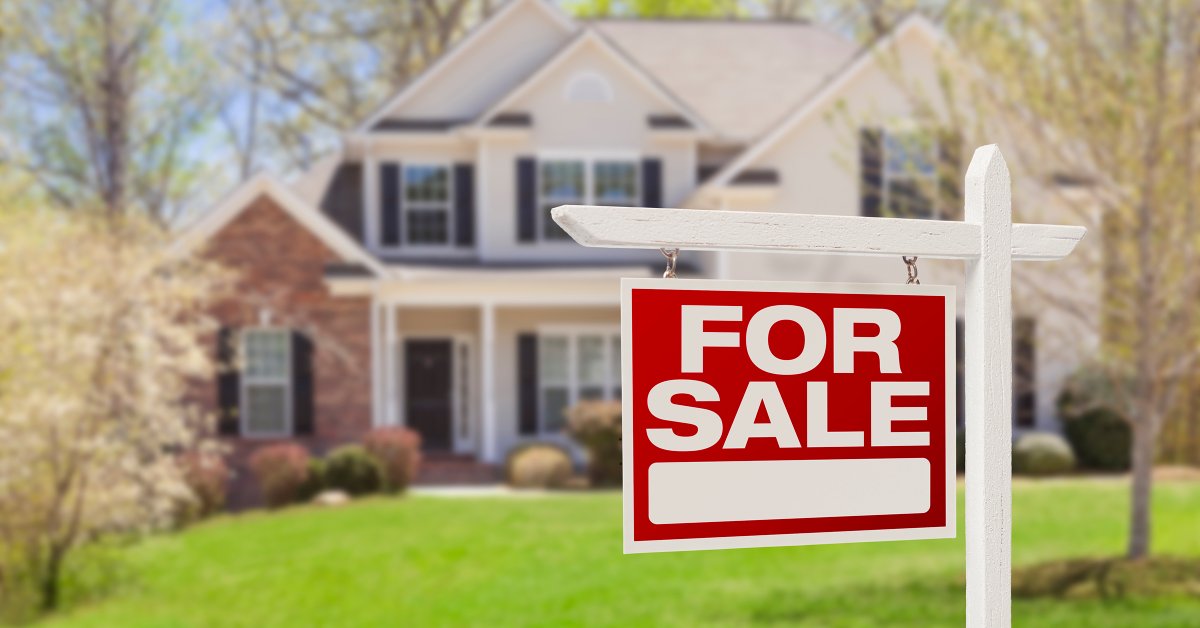When you’re in the market for a new property, one of the first decisions you’ll face is whether to go for a freehold or leasehold property.
Both have their benefits and drawbacks, and the right choice depends on your personal circumstances and long-term plans. Let’s dive into the differences between freehold and leasehold properties to help you decide which one is best for you.
Understanding Freehold Properties
A freehold property means you own the building and the land it stands on outright. This is the most straightforward form of property ownership.
When you buy a freehold house, you don’t have to worry about the lease expiring, and you have full control over what you do with your property (subject to local planning regulations).
Advantages of Freehold
Ownership and Control: You have complete ownership of both the property and the land, giving you the freedom to make changes and improvements as you see fit.
No Ground Rent: Since you own the land, you don’t have to pay ground rent, which can be a significant ongoing cost for leaseholders.
Disadvantages of Freehold
Higher Initial Cost: Freehold properties can be more expensive to purchase compared to leasehold properties.
Maintenance Responsibilities: As the owner, you’re responsible for all maintenance and repairs, which can add up over time.
Exploring Leasehold Properties
Leasehold properties, commonly found in flats and apartments, mean you own the property for a set number of years, decades, or centuries, but not the land it stands on.
The land is owned by a freeholder or landlord, and you’ll have a lease agreement that details your rights and responsibilities.
Advantages of Leasehold
Lower Purchase Price: Leasehold properties often have a lower upfront cost, making them more accessible for first-time buyers.
Shared Maintenance Costs: Maintenance and repair costs can be shared among all leaseholders, reducing your individual financial burden.
Disadvantages of Leasehold
Ground Rent and Service Charges: Leaseholders must pay ground rent and service charges, which can increase over time.
Lease Length: The value of a leasehold property can decrease as the lease term shortens, and extending the lease can be costly and complex.
Restrictions: Lease agreements often come with rules about what you can and can’t do with the property, limiting your freedom.
Making the Decision
When choosing between freehold and leasehold, consider your long-term plans and financial situation. If you’re looking for a property to settle in for the long term and want full control, a freehold might be the best choice.
However, if you’re more interested in lower upfront costs and shared responsibilities, a leasehold could be more suitable.
One of the key factors in your decision will be the cost. Freehold properties generally come with higher initial purchase prices, but they offer freedom from ongoing fees like ground rent and service charges.
Getting freehold conveyancing quotes can give you a clearer picture of the total expenses involved in purchasing a freehold property.
On the other hand, while leasehold properties may be cheaper upfront, you’ll need to factor in those additional costs over time.
Final Thoughts
Choosing between a freehold and leasehold property depends on your financial situation, lifestyle preferences, and long-term goals.
Both types of ownership have their pros and cons, and understanding these can help you make an informed decision. Remember to consider all associated costs to ensure you’re fully aware of your financial commitment.
Ultimately, the best property type for you is the one that aligns with your personal needs and future plans.


